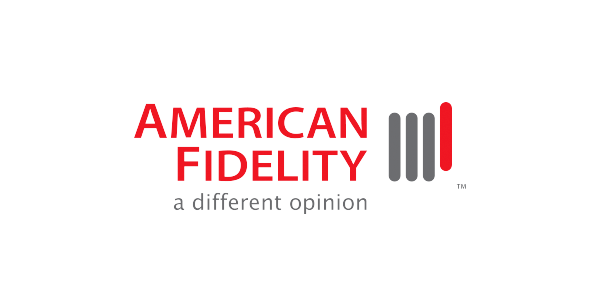Stretch Your Dollars Further with Flexible Spending Accounts
A Flexible Spending Account (FSA) is a tax-free account you can use to pay for eligible medical, dental, vision, and hearing expenses.
How it works
During open enrollment each year, you decide how much your qualifying expenses will possibly be in the coming year. Based on your elections, contributions are made through payroll deductions into your Flexible Spending Account. These deposits are made on a tax-free basis. As expenses are incurred, you may request reimbursements from your account, which are also tax-free. As an added bonus, your FSA elections will be available for use on day one of the plan year.
Unlike the HSA, unused FSA funds do not carryover to the next year. It is a “use it or lose it” concept. It is generally recommended that your contributions be predictable expenses.
What is a Limited Purpose FSA?
An individual contributing to an HSA may not simultaneously have a General Purpose health FSA that reimburses out-of-pocket medical expenses. However, HSA owners can have a Limited FSA. If you are currently contributing to, or plan to contribute to an HSA, a Limited FSA might be just what you need.
The difference between a General Purpose health FSA and Limited Purpose FSA is the expenses that are eligible for reimbursement.
A Limited FSA only allows for reimbursement of dental, vision or post-deductible medical expenses.
What is a Dependent Care account?
This is a Work-Related Dependent Care Account. This account offers tax-free reimbursement for certain day care expenses incurred so that you and your spouse can work.
What do I need to do?
Sitting down with the decision makers of your household and deciding how much your estimated eligible expenses will be for the year will be a great way to save money through this account because it is a use-it-or-lose-it account. Once you have an amount you would like to contribute, fill out the correct paperwork and notify your HR department.

